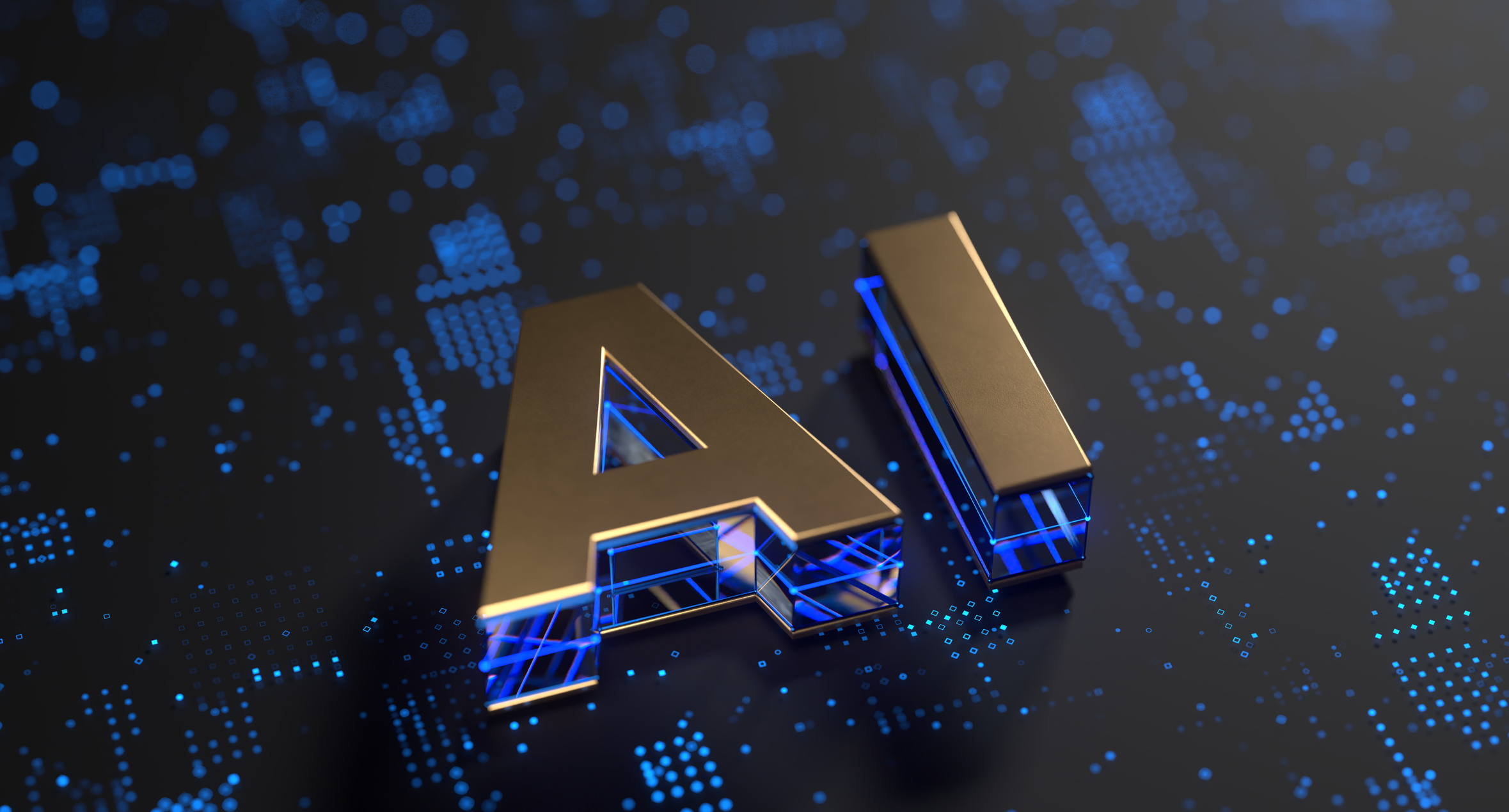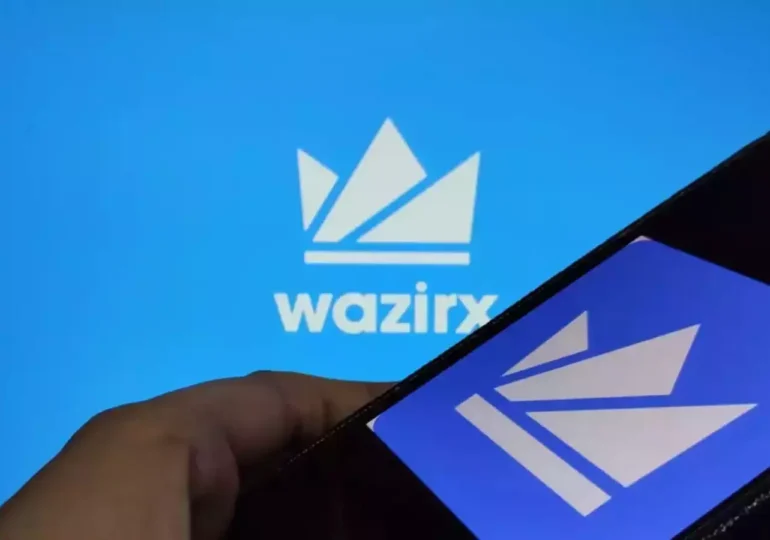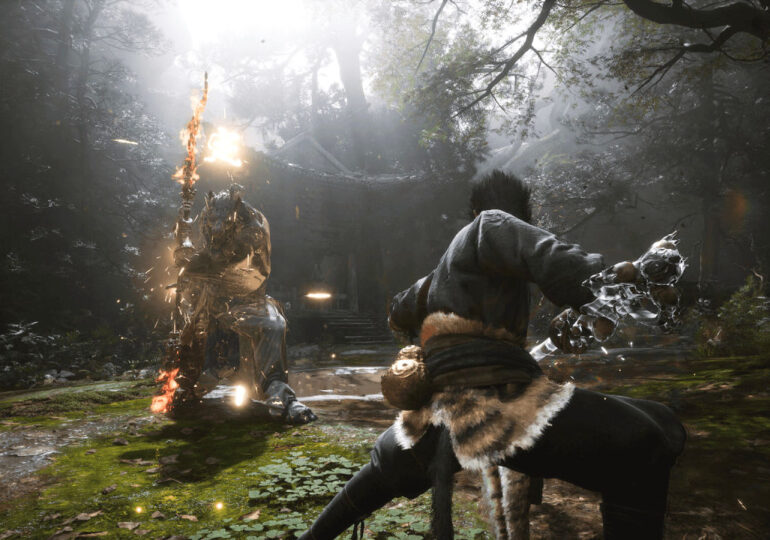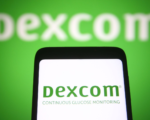AI Craze Distorting VC Market as Tech Giants Invest Billions

The venture capital market is grappling with distortion as tech giants like Microsoft, Amazon, Alphabet, and Nvidia pour billions into artificial intelligence (AI) startups, reshaping traditional investment dynamics. Unlike previous tech booms, where VCs were central players, the current AI frenzy is driven by these major tech companies investing heavily in capital-intensive firms such as OpenAI, Anthropic, Scale AI, and CoreWeave.
This shift in funding dynamics means that the usual pressures for startups to go public are less pronounced. Many of these AI firms are not yet profitable, which typically deters public market investors. Instead, tech giants are providing significant incentives, including cloud credits and business partnerships, further skewing the market.
Melissa Incera of S&P Global Market Intelligence notes that AI startups are attracting substantial investment interest despite having more funds than they can use. Venture capital exits are scarce, with U.S. VC exit values on track for $98 billion this year—an 86% drop from 2021. The number of venture-backed IPOs is expected to hit its lowest since 2016, underscoring the challenging exit environment for VCs.
In 2024, investors have already injected $26.8 billion into 498 generative AI deals, following a trend from 2023 when generative AI companies raised $25.9 billion, marking a more than 200% increase from 2022. This surge reflects a dramatic shift, with AI accounting for 27% of total fundraising this year, up from 12% in 2023. AI funding rounds have also grown 140% larger on average compared to the previous year.
Despite this influx of capital, venture capitalists are facing difficulties due to the current market conditions. The Federal Reserve’s interest rate hikes have pushed investors toward safer, yield-generating assets, making it hard for VCs to attract new funds without delivering returns. Traditional VCs are mostly investing in application-level AI startups rather than the high-capital infrastructure firms.
Notable AI companies like Cerebras, a semiconductor firm, are approaching an IPO, but most high-profile AI startups remain private. These companies, such as Anthropic and Cohere, have secured significant funding at inflated valuations, leaving VCs struggling to promise exits under current conditions.
The secondary market offers some liquidity through share sales, but IPOs remain the primary route for VCs to realize returns. As AI firms continue to grow privately, there is less incentive for them to go public, given the favorable terms they receive from large tech investors.
While the enterprise potential of generative AI remains high, with expectations of eventual significant returns, the current market conditions make it challenging for VCs to secure exits and attract new investments.




















